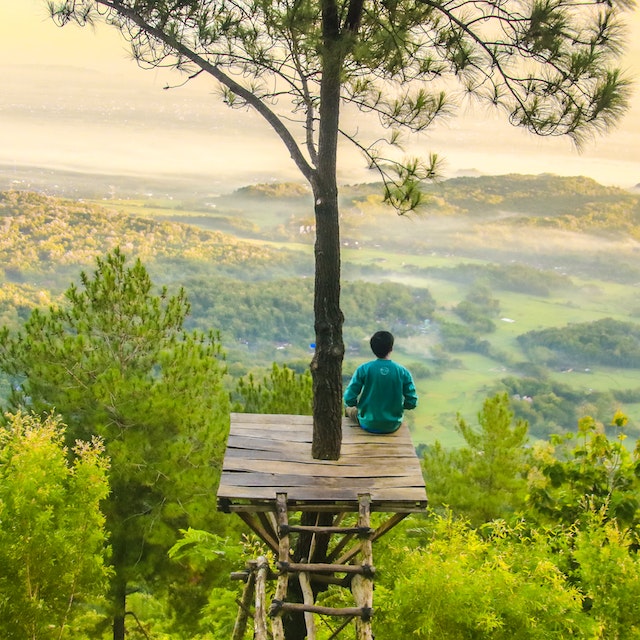
My Digital Detox Journey-Part 1
Do you feel confined by your digital devices? Do you find yourself endlessly scrolling through feeds and getting lost in one app after another? Are you unable to tell whether you are enriched by your phone or is it simply draining you? Is everything a blur, whether it be work or life? Maybe there is something for you in this post. Read on.
(I know. I know. The irony of someone who has built his career around digital technology talking about digital detox is not lost on me!)
This subject has been talked about and written about a lot. I'm not sure I have much to say about digital wellbeing. But my own experience has been nothing short of amazing, and I felt compelled to write about it as a way to document my journey. If it helps a few other people along the way, that will be a bonus.
Symptoms
- First thing I did when I woke up was to check my email, instant messages, Twitter feed, and the news.
- If it was not a work email or a message, the first hint of stress was brought about by the thought of the commute.
- I often found myself on the phone while driving. It was especially hard to stay away from it during a traffic stop.
- At work, the stress levels would go up with meetings, work emails, deadlines, and general commotion.
- A new notification on my smartphone felt like a welcome relief; an escape from the drudgery.
- I lost track of time while scrolling through Twitter, news, Quora, and other apps. Something brought me back to these apps again and again.
- The last thing that I did before sleeping was to check my feeds and messages one last time.
- Leisure time was filled with countless hours on YouTube, Netflix, and other streaming services.
- The best times were trips away from work and home. I managed to put enough distance between myself and the routine. However, it was back to the same stressful life within a day or two of coming back to work.
Does this sound familiar? It's what most of us are going through right now. We are so used to doing the same things every day that we don't even notice that something is wrong. Our lives and work are so intertwined with how we use our devices. It's hard to tell where work ends and life begins or where being productive ends and wasting time begins.
How did I figure out I had a problem? Well, I had a chance to take a break from my career after more than 20 years. The difference between the life before and the life after stepping back was very clear. Everything became completely obvious.
The Diagnosis
- Digital 'addiction’
- Stress
- Life on auto-mode
- Lack of mindfulness
- Passive consumption
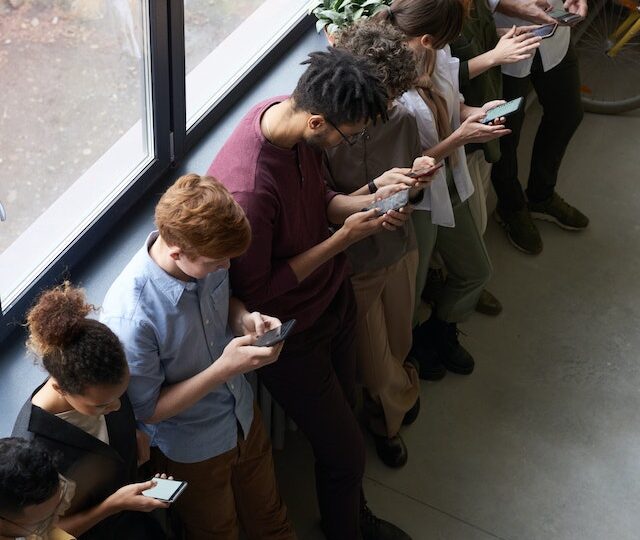
The Therapy
When I finished my last job, which I had been at for 15 years, there was a lot to unpack. I decided to take some time to reflect and figure out my next steps. So I went on a week-long jungle retreat.
I am not saying I went cold turkey. However, because I had time on my side, the reduction was drastic on most counts. My retreat consisted of the following:
- Long walks and treks
- Meditation
- Time away from the phone
- Scribbling on a whiteboard
- Lots of inward-looking
- Some boredom
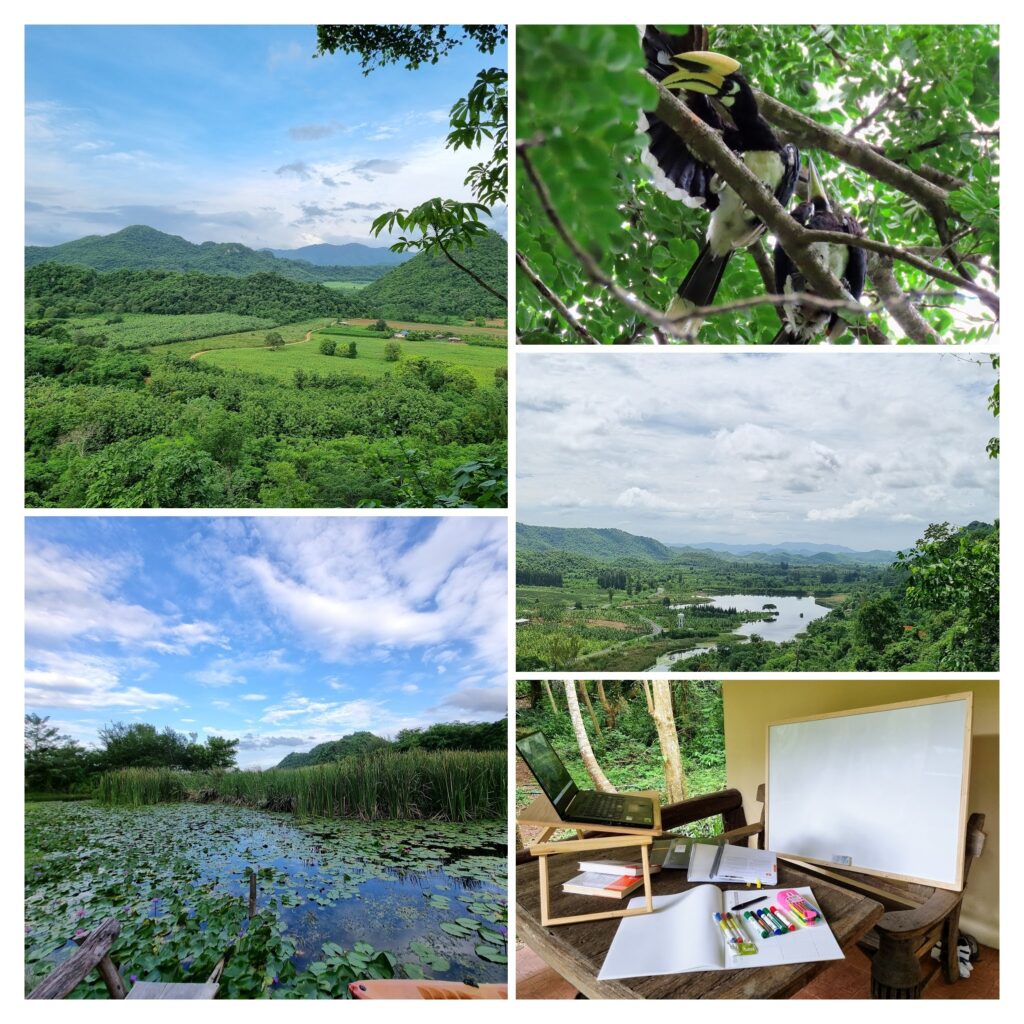
What did I learn?
- It is really difficult to discern what parts of your digital devices add to or subtract from your quality of life.
- Notifications on your phone are a killer.
- Habits are very powerful, but changing them or forming new ones takes work.
- Although it is hard, meditation is the most important tool to improve mindfulness and kill stress.
- I did not lose anything by eliminating most of the social media, news, and entertainment.
- Greater mindfulness and more available time lead to greater productivity while stress is stopped in its tracks.
- My empathy levels are amped up and I have more fulfilling interactions with those around me.
- Some level of boredom is fine, even useful.
Changes I made
- Uninstalled apps that were a time sink--News, Quora, and Instagram
- Removed Facebook shortcut from my mobile browser (never had the app)
- Removed Twitter shortcut and left it in the app drawer.
- Turned off the majority of app notifications completely—WhatsApp groups were a key target.
- I fixed the amount of time spent on TV to no more than two hours per day.
- No phone an hour before bed and an hour after waking up. (I am still struggling with this one.)
- Found other things to fill my time, like writing, reading, and learning new skills.
Prognosis:
As with any illness, there may be relapses, and that's what I've seen happen. I sometimes fall back into the old habits I wrote about above. Some days are really good, and some are really bad.
Dopamine has a strong pull. When I first started writing on LinkedIn, I couldn't help but check to see if people were reading and engaging. It made me think of when we launched a new website or made big changes and I wanted to watch how people used the (business) website in real time. I, too, couldn't stay away from Halo for a few weeks!
However, meditation and mindfulness have helped me stay on top of these. Each week is better than the last.
I have learnt to expect and deal with the relapses. Keeping mental and written records of what is and isn't working helps the situation progress in the right direction.
I have taken up reading books, my long lost love. In fact, the next two have helped me a lot in the last few months.
So, what are my chances?
I am quite hopeful!
I understand that things will be different once I start working full-time. The central tenet of what I want from life and my digital devices, however, has already shifted.
I don't want to give up being more mindful, being more productive by focusing, being less stressed, having devices that help me instead of hurt me, the way habits build on each other, and having better relationships.
The result of what I learned from the books I read, including the ones mentioned above, can be found on this blog and on LinkedIn. I mostly turn my 15 years of experience into easy-to-read and digest articles and blog posts. It's very satisfying to see what a couple of hours of concentrated effort can produce. This skill, while it requires a lot more practice and fine-tuning, will be extremely useful in the future.
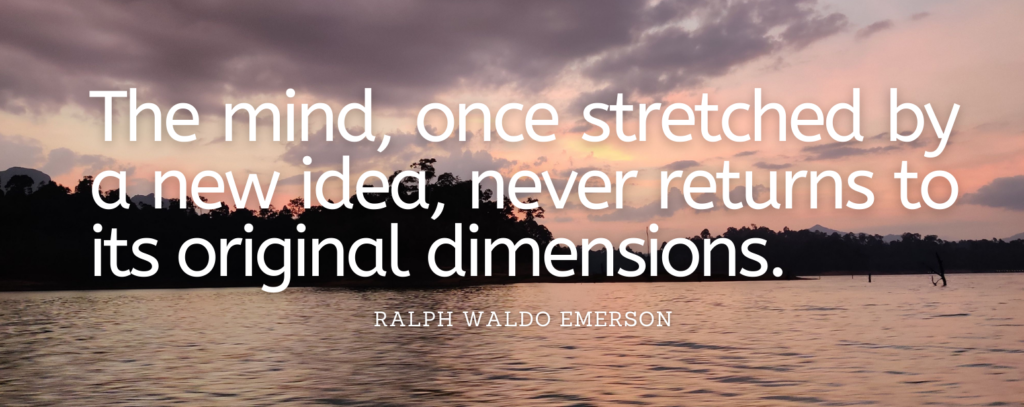
If you have made it this far and are curious to try some of these, here are
Some tips and recommendations
- Take up meditation. It is easier than you think. This is a good starting point.
Headspace Guide to Meditation: Netflix
- Start by asking what you get out of specific activities on your smartphone or tablet.
- Ruthlessly uninstall apps and turn off notifications. You will realize it is very liberating.
- Delay checking your apps for new notifications or content for a few minutes. It gets a lot easier afterwards to stretch this time frame and even let go.
- Start thinking that enjoying the company, view, and food now is more important than taking pictures.
- Learn about the power of habits.
- Go easy on yourself. We are not perfect. We will relapse. We will find it hard, and there will be good and bad days.
- Consume quality content that is rewarding, fulfilling, learning-oriented, or at least relaxing.
- Get creating content and reading if possible.
- Stay on track. It is all good as long as you have more positives than negatives along your journey.
It can be daunting to tackle all at once, so I would recommend making small changes.
This is the initial part of a long journey, and I am bound to have ups and downs. Hopefully, there will be a follow-up in a few months. Stay tuned!


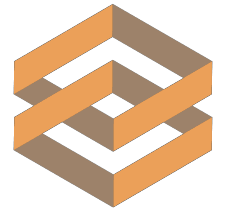
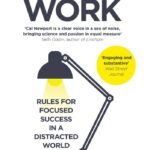
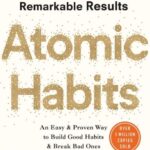
11 Comments
Vijay
Awesome blog, thanks for documenting your experiences
Chetan Patel
Thanks, Vijay!
Hannah
I identify so much with this Chetan. I realise I have an addiction to devices but it’s so hard to make the leap away from them. I definitely need a jungle detox. Well done for sharing your experience and making us more aware of how our digital habits can affect our health…
Chetan Patel
Thank you, Hannah! I’m glad you learned something from the post. I would argue that a jungle retreat is not absolutely necessary. Yes, it aided in realization, but much of the work had to be completed during normal life. So it all boils down to asking yourself a serious question about what the devices are doing to you. Following that, make small changes every day and week.
Mahendra Dedasaniya
Thanks Chetan, Most of those points resonate with me too, appreciate you sharing your experience and lot to learn from this blog – Thank you !
Chetan Patel
Thank you for your input, Mahendra. I’m glad you found something useful in this post.
Luke
This article is genuinely a nice one it assists new the web users, who are wishing in favor of blogging.
Eric
Thanks for sharing so openly your experience Pathel. More and more people are starting to realize the impact of online addiction in their everyday life. I was one of them 20 years ago. Lucky me I was able to find the right holistic toolbox to cope with this modern dilemma.
In fact, I had to create everything from scratch. Yes, before the always on smartphone became the new normal.
That´s why I believe that hotels and places designed to rest from will be a fundemental part of the futur of hospital-ity.
Tomoko
Hi there, after reading this awesome piece of writing i
am also glad to share my experience here with
friends.
Bertha
Hi there, all the time i used to check blog posts
here early in the dawn, for the reason that
i like to learn more and more.
Alta
Hi! This is my 1st comment here so I just wanted to give a quick shout
out and tell you I really enjoy reading through your articles.
Can you recommend any other blogs/websites/forums that cover the same
topics? Thanks for your time!